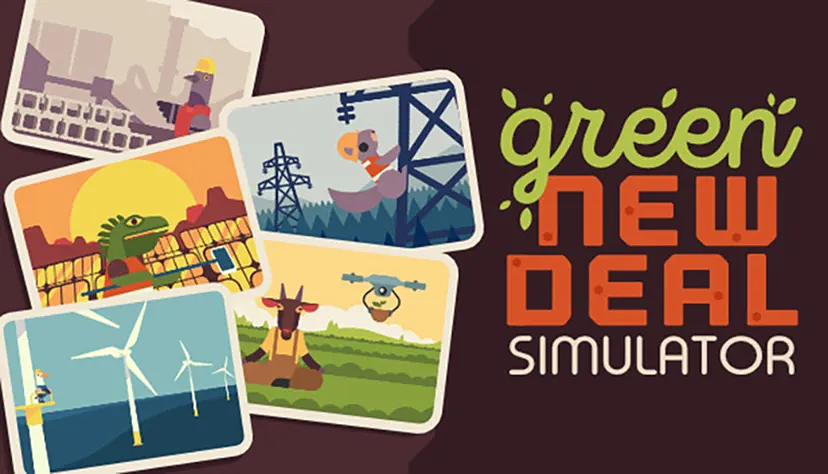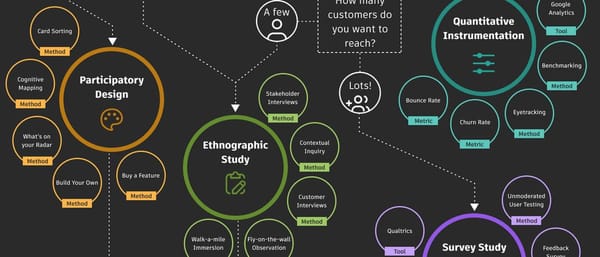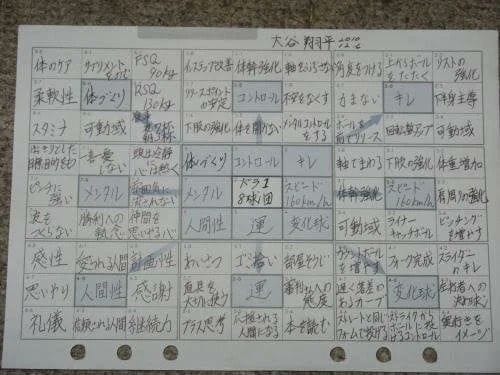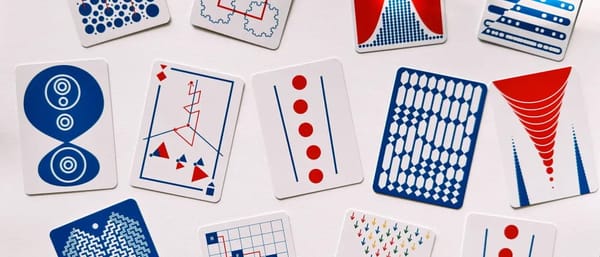№ 47 | Green New Deal Card Game, Holistic vs Prescriptive Technologies, Luddites, Assessing Good Art, and a Diagram for Planning Meetings

Green New Deal card game
Here’s an interview with Paolo Pedercini of Molleindustrai, developer of Green New Deal Simulator, a deck-building game that offers “accessible education on renewable energy transition.” From the interview:
I’m hoping the game will get people more interested in the Green New Deal, which is still the only comprehensive proposal to address climate change in the US… counterparts in other countries as well.
_copy.jpg.webp)
Holistic vs prescriptive technologies
By way of Mastodon user Mandy Brown, I’m now aware of this book The Real World of Technology
It understands technology not as things but as practice — as how we do things — and so provides a frame for the social and political context of technology. Franklin’s concepts of holistic and prescriptive technologies are extremely relevant to current discussions around AI and other tech.
Definitely check out Brown’s post, where she summarizes this distinction between holistic and prescriptive technologies. An excerpt:
Whereas holistic technologies support a certain amount of improv, prescriptive technologies require each person to operate with precision, according to a pre-arranged plan. With holistic technologies, the worker is in control; with prescriptive technologies, the worker is under control.

***Sidenote: While the dichotomy here is different from what I wrote about, this has echoes of things I was exploring in the final two chapters of Figure It Out, where I contrasted technology that can be used to aid our understanding (👍) with technology that ‘does’ the work of understanding for us (👎).
This post pairs beautifully with the next one…
On Luddites
A fascinating (illustrated) history of the Luddite’s, and how that struggle around our relationship with technology has persisted through the centuries, up to and including our current discourse around AI.

Assessing good art
I… really enjoyed these musings by Corey Doctorow on assessing good in art (and writing). He connects a recent purchase of art at Comic-Con with the research study “Introspecting about Reasons can Reduce Post-Choice Satisfaction” followed by some deep thoughts about the ‘rules’ that make something good.

Bonus points for sending me to these “rules” for writers.
- Turkey City Lexicon - A Primer for SF Workshops - SFWA (Hmm. This would make a very useful card deck! 🤔)
- Cory Doctorow: Rules for Writers
And finally…
A diagram for planning meetings
Trent Wakenight offers up a useful diagram for planning meetings.
I've successfully used this diagram for years to effectively plan meetings. It comes from the work of Peter Senge. The "curve" defines the level of engagement wanted from attendees, and the time needed for agenda items. Use this at the start of agenda design to nail down desired outcomes, what's needed from attendees for success, and how the host should adjust their tact to achieve in-meeting and post-meeting success.

While you’re there, check out the rest of Trent Wakenight’s posts—lots of interesting methods and frameworks he’s sharing.





